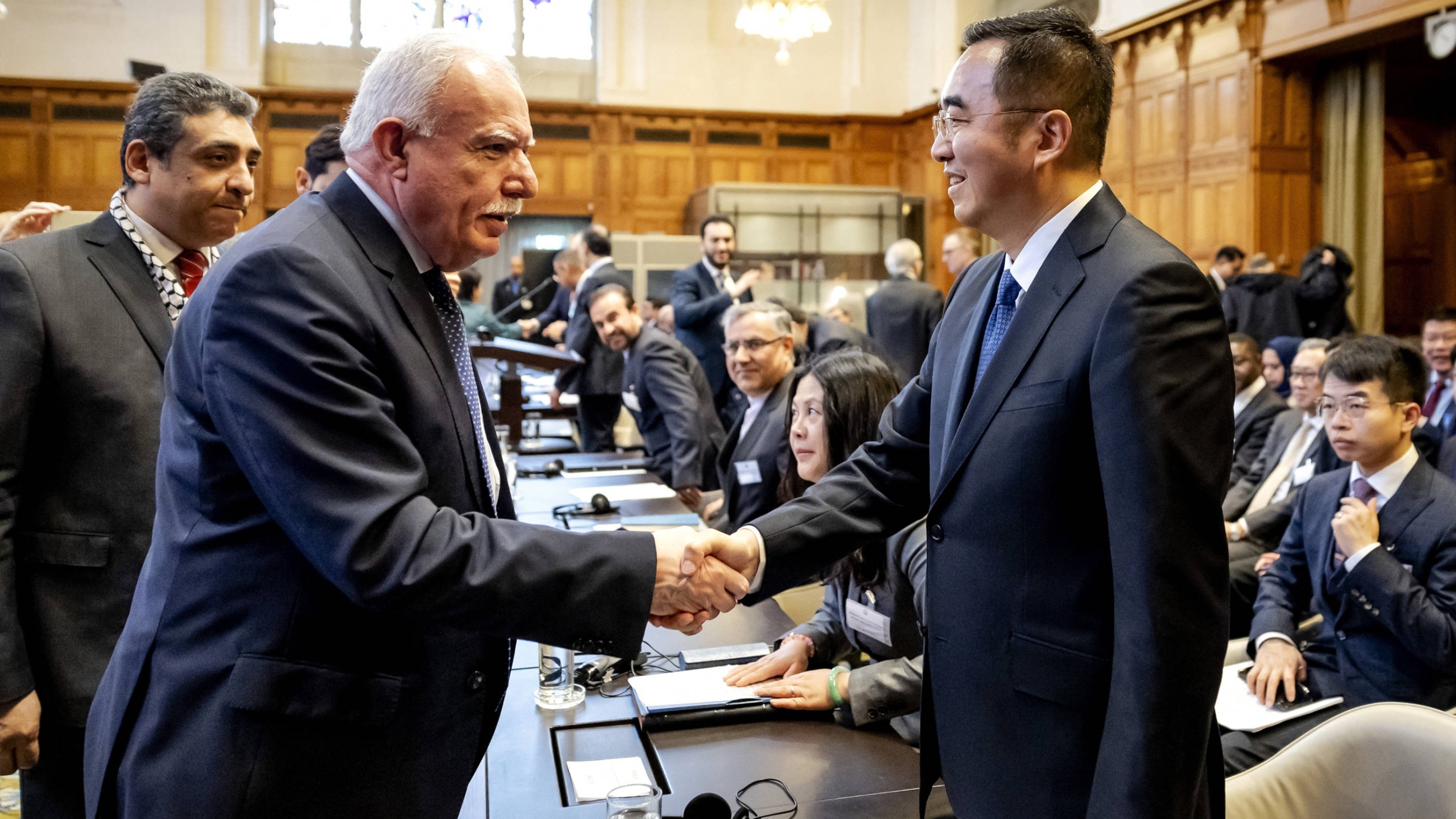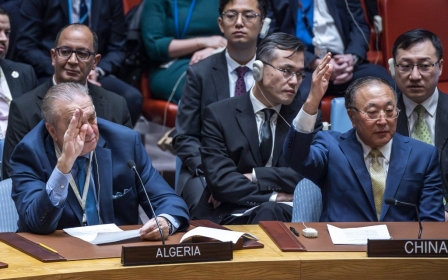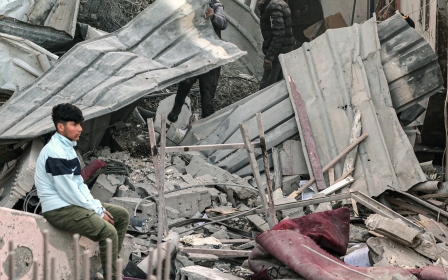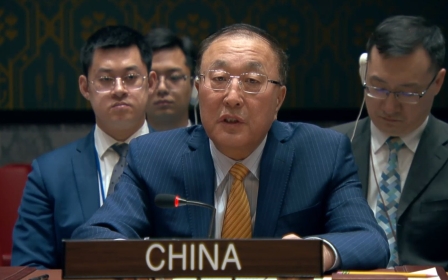Hamas and Fatah officials meet in China for unity talks

Rival Palestinian factions Fatah and Hamas recently met in Beijing for reconciliation talks, the Chinese foreign ministry said on Tuesday.
China’s foreign ministry spokesman Lin Jian said Fatah and Hamas officials had met for “in-depth and candid talks on promoting intra-Palestinian reconciliation", without specifying the date of the meeting.
"The two sides fully expressed their political will to achieve reconciliation through dialogue and consultation, discussed many specific issues and made positive progress," he added.
The two political groups also met in Moscow in February for talks on a unity government, as the Israeli onslaught on Gaza continued unabated.
"The two sides highly appreciated China's firm support for the just cause of the Palestinian people to restore their legitimate national rights," Lin said.
New MEE newsletter: Jerusalem Dispatch
Sign up to get the latest insights and analysis on Israel-Palestine, alongside Turkey Unpacked and other MEE newsletters
The Fatah-led Palestinian Authority partially administers the occupied West Bank, while Hamas had been the de facto ruling power in Gaza prior to the current war.
The two forces have engaged in political rivalry for decades. After Hamas won the legislative elections in 2006, Fatah members clashed violently with the group, resulting in Hamas’s total control over the Gaza Strip.
China has been at the forefront of international calls for a ceasefire in Gaza since 7 October.
Israel's devastating military campaign on Gaza has so far killed more than 34,500 Palestinians, mostly women and children, while an estimated 10,000 people are missing and buried under the rubble, according to Palestinian civil defence officials. The war came as an immediate response to the Hamas-led attack on southern Israel that resulted in the deaths of at least 1,139 people.
Legitimising Hamas
Chinese diplomat Wang Kejian met Hamas political leader Ismail Haniyeh in Qatar in March, the first meeting between China and Hamas since October. It followed Wang's trip to Israel and the occupied West Bank.
Wang said China was "keen on relations" with Hamas, which he called a "part of the Palestinian national fabric".
Haniyeh told Wang the war needed to end quickly, and called on Israel to withdraw its troops from the Gaza Strip.
'By hosting Palestinian reconciliation talks, China's objective is to legitimise Hamas as a political faction'
- Ahmed Aboudouh, Chatham House
Ahmed Aboudouh, an associate fellow at Chatham House's Middle East and North Africa Programme, said that unlike the US and some western Arab allies, China believes that the goal of eliminating Hamas is misguided.
"China believes that this could be counterproductive and only Hamas’ inclusion in the process would lead to peace with Israel," the analyst said on X.
"By hosting Palestinian reconciliation talks, China's objective is to legitimise Hamas as a political faction," he added.
"This supports China’s standing in the Global South, where the majority of countries don’t identify Hamas as a terrorist organisation but see it as a resistance movement."
In hearings before the International Court of Justice in February, China expressed its backing for the right of the Palestinian people to use armed force to combat Israel's occupation of their land, calling it an "an inalienable right well founded in international law".
Middle East Eye delivers independent and unrivalled coverage and analysis of the Middle East, North Africa and beyond. To learn more about republishing this content and the associated fees, please fill out this form. More about MEE can be found here.




